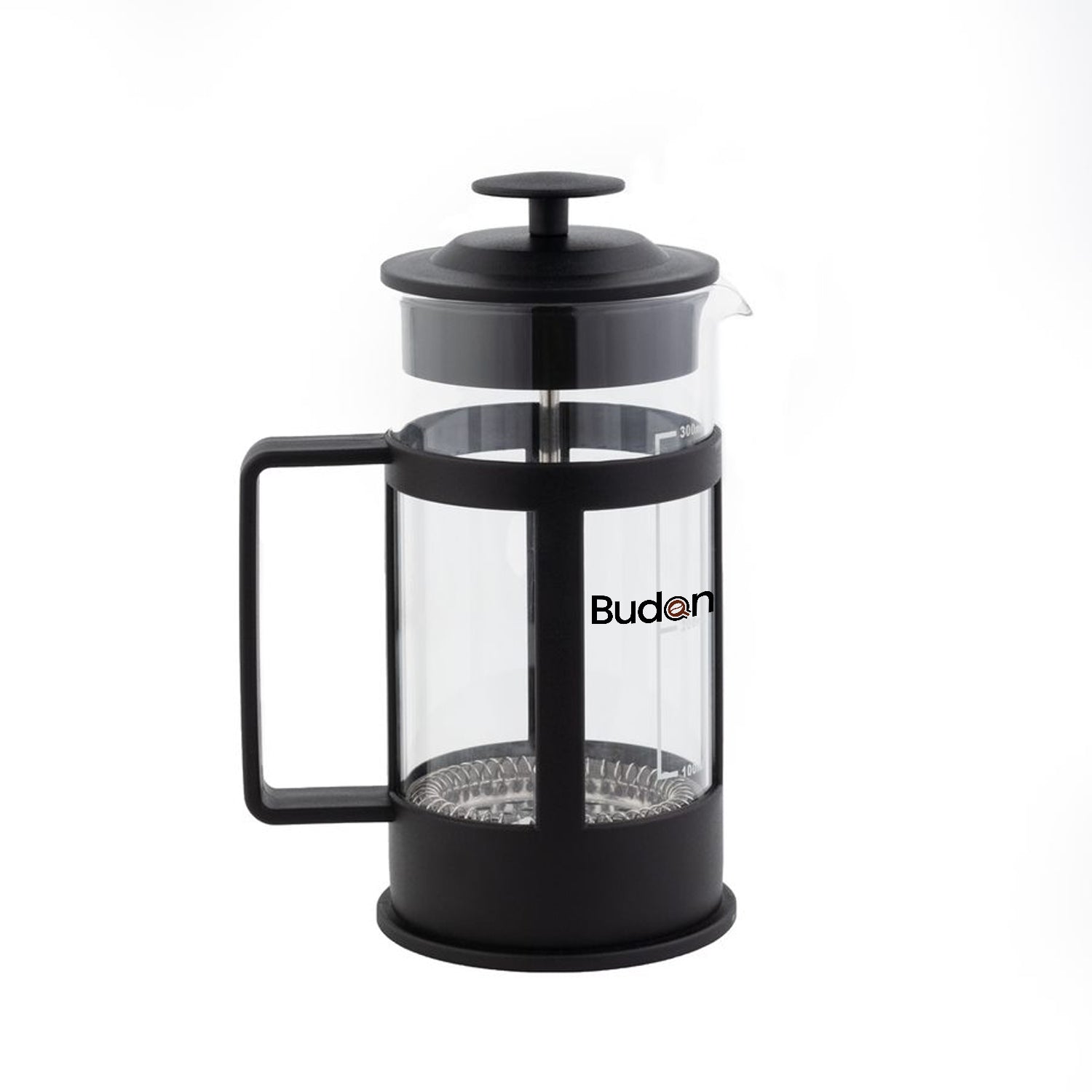There's more to storing your coffee than meets the eye. Whether it is whole beans or ground coffee, storing them correctly is important.
A lot goes on inside the storage container - from changes in the moisture level to chemical reactions. To make the most out of your coffee, we need to always take efforts to store the beans well.
In this article, we will walk you through the science behind storing coffee beans. Plus, we will provide you with some practical tips to keep your coffee fresh.
Why Should Coffee Be Fresh?

Coffee does not go stale however, it loses its freshness over time. This happens more so when the beans or ground coffee are not stored properly. More importantly, the freshness of the coffee affects the way your resulting brew tastes.
Fresh coffee retains the natural flavours and aroma found in the coffee better. It also exhibits more complexity in the flavours.
Learn more about how freshly roasted coffee affects your final brew here.
What Causes Coffee to Lose its Freshness?
Coffee loses its freshness mainly due to these reasons: exposure to oxygen, light, moisture and heat. Here's a small breakdown of how each factor affects the freshness factor:
- Oxygen - When the beans or ground coffee reacts with oxygen, the natural oils in the coffee break down. This causes the beans to degrade and lose their aroma and flavour over time.
- Light - Light, especially direct sunlight can damage the natural compounds in the coffee. The light causes chemical changes in the coffee and alters its flavours.
- Moisture - Coffee absorbs moisture from the air and this can lead to degradation. Excessive moisture exposure can also lead to the development of mould.
- Heat - High temperatures can accelerate the degradation process in coffee. So, more exposure to heat means fastened degradation.
Practices for Maintaining Freshness
Now that we know what can cause coffee to lose its freshness, it's time to understand how to overcome them. Below are some tips to help you store your coffee correctly.
Use Airtight Containers: Coffee, like many other items on your grocery list, tends to degrade in the presence of oxygen. So, it is important to store your beans in airtight containers that prevent oxygen from seeping in.
Here are some containers you can invest in for storing your coffee:
Alternatively, we can use mason jars with tight lids, or ceramic containers to store the coffee.

Keep the Coffee Away from Sunlight: Exposure to sunlight can be as damaging to coffee as oxygen. Therefore, we need to store the beans in a dry and dark place.
As much as they look good on glass jars in open spaces exposed to sunlight, they can go stale. So, we need to avoid keeping the coffee beans in such spots.
Temperature Maintenance: If the surrounding temperature is too low or high, it can certainly damage the flavour and aroma of your coffee. So, we need to avoid placing them in the fridge, freezer, near the stove or any heat source.
Avoid Frequent Exposure to Air: We need to minimize the time beans are exposed to air. We can do so by re-sealing the container immediately after use.
Additionally, we can store coffee beans in smaller containers in smaller portions if you have a large quantity of coffee beans.
Pay Attention to the Timeline of the Coffee: Coffee beans stay fresh only for a month after the roasting. So, it is best to consume it within this period.
Buy in Smaller Quantities: We need to be mindful of the quantity of coffee we are purchasing. This way, we can avoid wastage in addition to enjoying only fresh coffee.
Furthermore, if you are using ground coffee, it is recommended to buy in smaller quantities since they have a shorter shelf life than whole beans.
Final Takeaway
Brewing fresh, delicious cups of coffee is quite a journey with every step influencing the final outcome. Among all these steps, bean (or ground coffee) storage is critical as it preserves the quality and flavours the roasters intended for you to taste.
By implementing the above-mentioned practices, you can ensure to brew great coffee every time you open your canister.
























